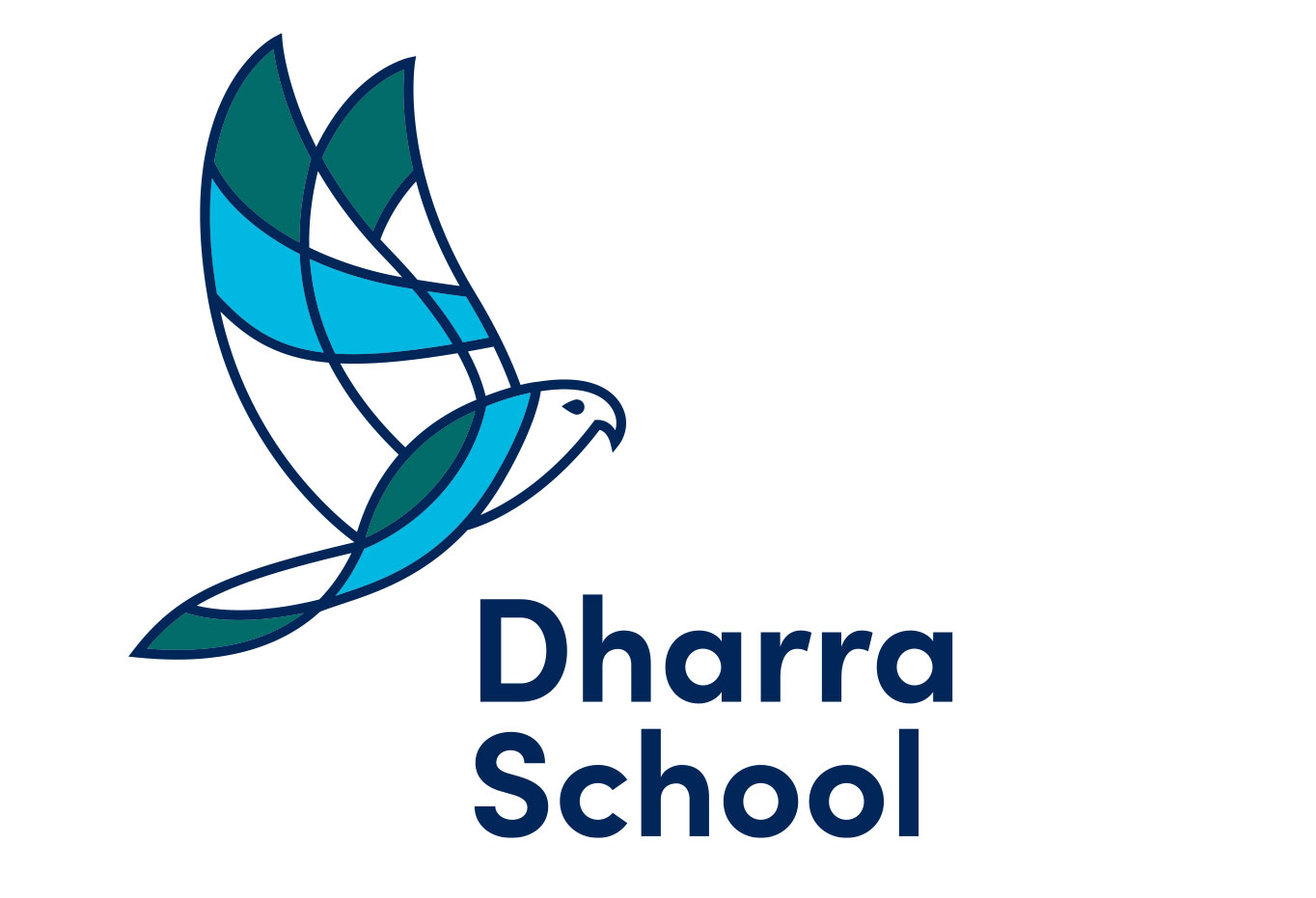Home > Learning
Learning @ Dharra
DHARRA SCHOOL
Learning @ Dharra
Reading @ Dharra
At Dharra School, our literacy theory, rooted in the Science of Reading approach, is guided by key principles that underpin effective reading instruction. The foundation of our literacy framework rests on the Five Pillars of Reading Instruction—phonemic awareness, phonics, vocabulary, fluency, and comprehension. These pillars serve as essential components, each contributing significantly to the development of proficient reading skills.
Key Components of Our Reading Approach:
- Phonemic Awareness.
- Phonics.
- Vocabulary.
- Fluency.
- Comprehension.
Phonics @ Dharra
At Dharra School, our phonics theory and practice are designed to foster a comprehensive and engaging learning experience for students. We prioritise a multisensory approach, incorporating Sounds Write as a highly structured, systematic synthetic phonics program. Our phonics instruction aligns with the science of reading principles, emphasising essential elements to ensure effective decoding and encoding skills development.
Writing @ Dharra
At Dharra, our writing curriculum is rooted in comprehensive research on effective strategies, including the 6 + 1 Traits of Writing, Writing Rope, and Colourful Semantics. Aligned with our Science of Reading structure, this approach not only equips students with strong reading skills but also empowers them to express themselves proficiently in writing. Our curriculum focuses on developing proficiency in the essential traits of writing, including Voice, Ideas, Presentation, Conventions, Organization, Word Choice, and Sentence Fluency. Explicit teaching is employed to enhance each trait, fostering well-rounded writing skills.
Key Components of Our Writing Approach:
- Colourful Semantics Integration.
- Language Experiences.
- Visual Supports and AAC Alternatives.
- Multisensory Learning.
- Sensory Play with Literacy.
- Practical Application Through Writing.
Fine Motor in Literacy
At Dharra School, we recognise the crucial role of fine motor development in fostering effective mark-making and writing abilities, which are essential for clear communication. Fine motor skills encompass a range of hand and finger movements, including grasping, holding, pinching, and manipulating smaller objects. Our approach to fine motor development is designed to build strength and coordination across various levels, from the whole arm to the fingertips.
Key Components of Our Fine Motor Development Approach:
- Whole Arm Development
- Whole Hand Development
- Pincher Grip
- Integration with Mark-Making and Writing
Mathematics @ Dharra
At Dharra School, our mathematics curriculum is designed for an engaging and dynamic learning experience. We prioritise hands-on activities, align with students’ interests, promote problem-solving, and emphasise real-life relevance. We aim to cultivate functional math skills that empower students with practical knowledge for daily life, fostering independence. The curriculum focuses on key content strands—Number and algebra, Measurement and geometry, and Statistics and probability—while nurturing proficiency in Understanding, Fluency, problem-solving, and Reasoning across all strands.
Key Components of Our Mathematics Approach:
- Hands-On Activities.
- Interest-Based Learning.
- Multiple Exposures.
- Problem-Solving Emphasis.
- Real-Life Relevance.
- Functional Math Skills for Independence.

